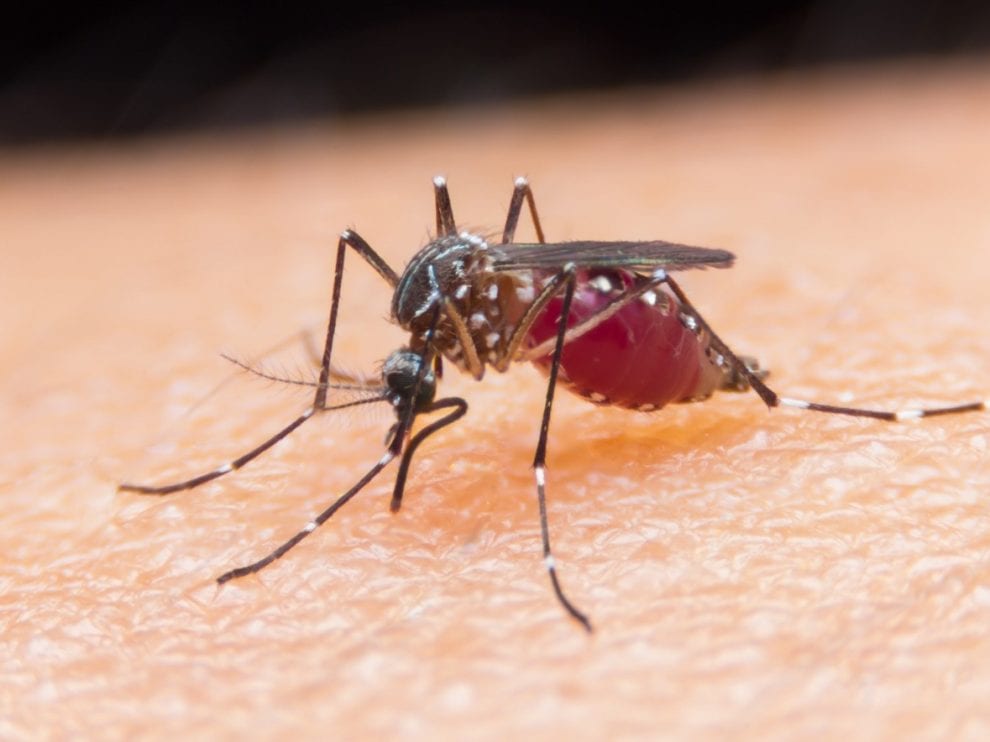By Ndumiso Tshuma
The World Health Organisation (WHO), in collaboration with the Gavi Vaccine Alliance, has created new vaccines to help protect children against Plasmodium falciparum, the world’s deadliest malaria parasite.
The organisation released a statement on Tuesday announcing that it now has two vaccines to protect against the world’s deadliest malaria parasite.
“After decades of development, the world has two vaccines to help protect children against Plasmodium falciparum – the world’s deadliest malaria parasite,” the organisation said.
Hanna Nohynek, chair of WHO’s Strategic Advisory Group of Experts on Immunisation (SAGE), said in a press conference last October that the addition of a second vaccine is expected to close the gap between supply and demand, and has the potential to save tens of thousands of lives each year.
“With a limited supply of only about 18 million doses expected to be available through 2025, the addition of a second vaccine is expected to close the gap between supply and demand, and has the potential to save tens of thousands of lives each year,” said Hanna Nohynek.
The organisation referred to the disease as a complex enemy, noting that there are now two vaccines to combat it.
They assured the public of the vaccines’ safety, stating that the vaccines used in immunisation programs are safe and effective.
“WHO has granted prequalification status to both vaccines – the final vetting process to ensure that the vaccines used in immunisation programmes are safe and effective – and has said that the choice of product ‘should be based on programmatic characteristics, vaccine supply, and vaccine affordability’ in individual countries.”
The organisation emphasised its hope that having two vaccines produced by different companies will ensure sufficient supply to protect all children living in malaria-affected areas.
“The hope is that having two vaccines produced at different manufacturing sites by different companies will ensure that there is sufficient vaccine to help protect all children living in areas affected by P. falciparum malaria, saving hundreds of thousands of young lives,” the organisation said.

